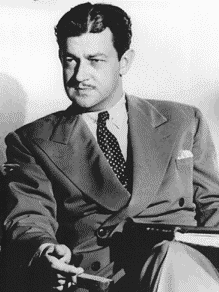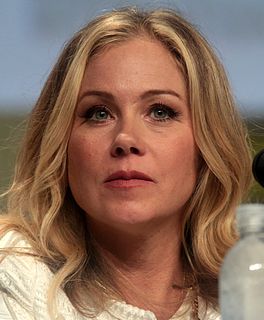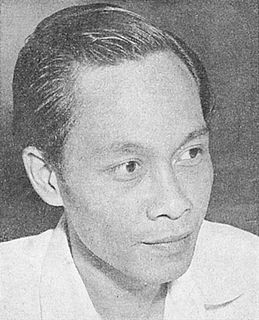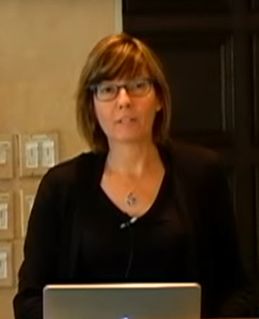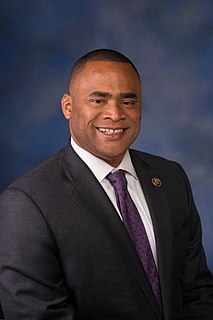A Quote by Preston Sturges
According to my mother, positively no one, least of all herself, had even the faintest suspicion that she was heavy with child at the time of my birth.
Related Quotes
Over and over again, stories in women's magazines insist that women can know fulfillment only at the moment of giving birth to a child. They deny the years when she can no longer look forward to giving birth, even if she repeats the act over and over again. In the feminine mystique, there is no other way for a woman to dream of creation or of the future. There is no other way she can even dream about herself, except as her children's mother, her husband's wife.
She emptied herself of Fabio and of herself, of all the useless efforts she had made to get where she was and find nothing there. With detached curiosity she observed the rebirth of her weaknesses, her obsessions. This time she would let them decide, since she hadn't been able to do anything anyway. Against certain parts of yourself you remain powerless, she said to herself, as she regressed pleasurably to the time when she was a girl.
Socrates, whose mother was a midwife, used to say that his art was like the art of the midwife. She does not herself give birth to the child, but she is there to help during its delivery. Similarly, Socrates saw his task as helping people to 'give birth' to correct insight, since real understanding must come from within. . . . Everybody can grasp philosophical truths if they just use their innate reason.
Cassandra always hid when she read, though she never quite knew why. It was as if she couldn't shake the guilty suspicion that she was being lazy, that surrendering herself so completely to something so enjoyable must surely be wrong. But surrender she did. Let herself drop through the rabbit hole and into a tale of magic and mystery.
That one woman is both mother and virgin, not in spirit only but even in body. In spirit she is mother, not of our head, who is our Savior himself-of whom all, even she herself, are rightly called children of the bridegroom-but plainly she is the mother of us who are his members, because by love she has cooperated so that the faithful, who are the members of that head, might be born in the Church. In body, indeed, she is the Mother of that very head.
Having children can smooth the relationship, too. Mother and daughter are now equals. That is hard to imagine, even harder to accept, for among other things, it means realizing that your own mother felt this way, too--unsure of herself, weak in the knees, terrified about what in the world to do with you. It means accepting that she was tired, inept, sometimes stupid; that she, too, sat in the dark at 2:00 A.M. with a child shrieking across the hall and no clue to the child's trouble.
although she went home that night feeling happier than she had ever been in her short life, she did not confuse the golf course party with a good party, and she did not tell herself she had a pleasant time. it had been, she felt, a dumb event preceded by excellent invitations. what frankie did that was unusual was to imagine herself in control. the drinks, the clothes, the instructions, the food (there had been none), the location, everything. she asked herself: if i were in charge, how could i have done it better?
She had witnessed the world's most beautiful things, and allowed herself to grow old and unlovely. She had felt the heat of a leviathan's roar, and the warmth within a cat's paw. She had conversed with the wind and had wiped soldier's tears. She had made people see, she'd seen herself in the sea. Butterflies had landed on her wrists, she had planted trees. She had loved, and let love go. So she smiled.
As a child, Kate hat once asked her mother how she would know she was in love. Her mother had said she would know she was in love when she would be willing to give up chocolate forever to be with that person for even an hour. Kate, a dedicated and hopeless chocoholic, had decided right then that she would never fall in love. She had been sure that no male was worth such privation.
My mother graduated from high school in 1969, and on January 3, 1971, she gave birth to me. She was married later that year, but by the time I was 10, she was a divorced single mother of two young boys. To make ends meet, we moved in with my grandparents, who were also housing two of my mother's siblings and their kids.
